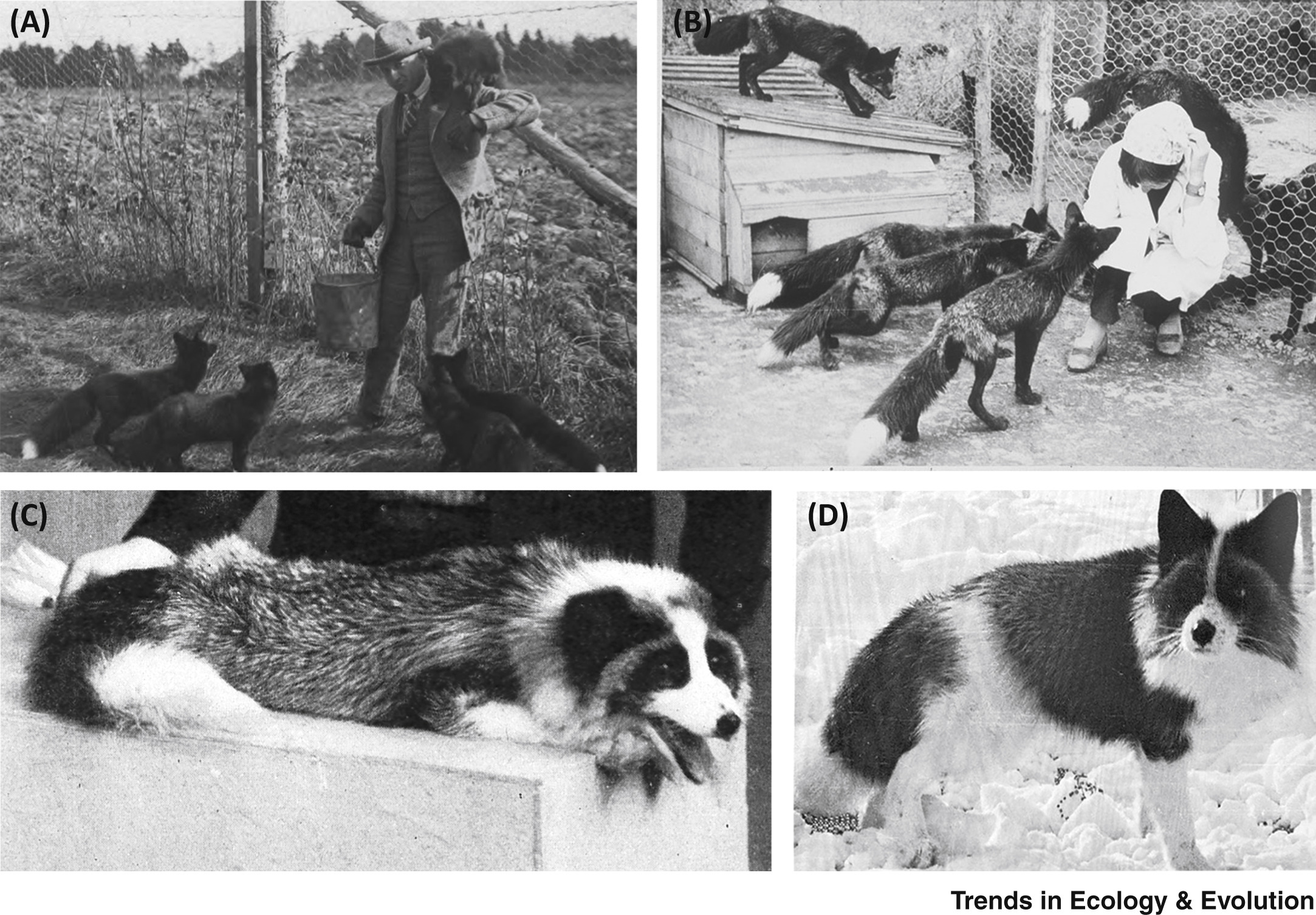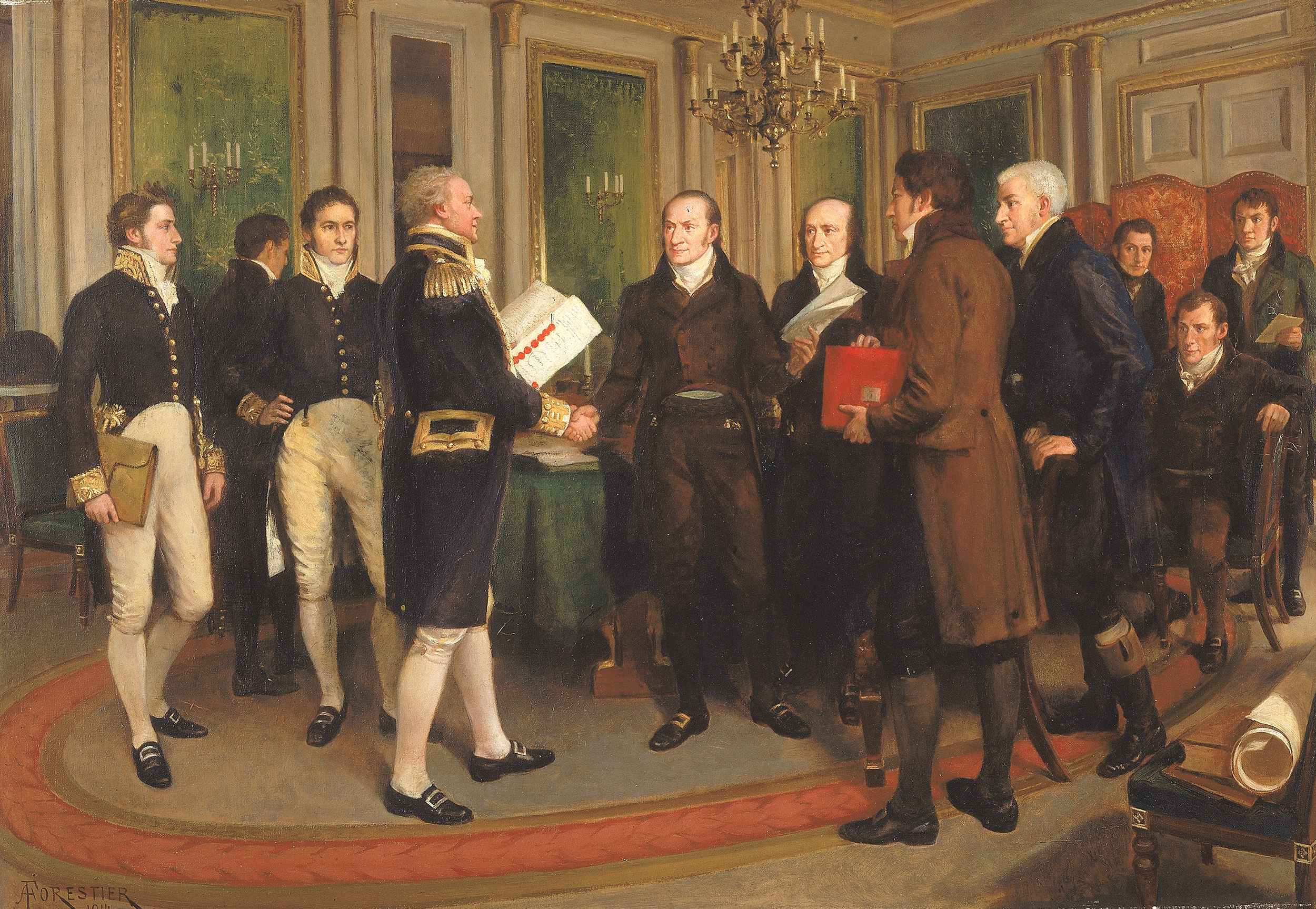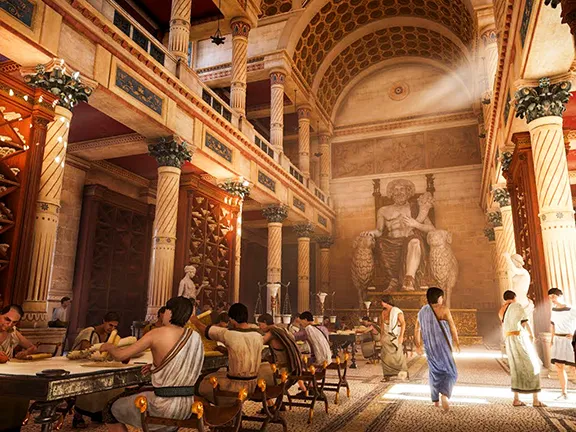It's fascinating to explore the ancient marvels like Karahan Tepe and Wadi Hammeh 27 and ponder over the skills and knowledge possessed by their builders. These sites indeed challenge our understanding of ancient civilizations and their capabilities.
When examining the intricate architectural feats of Karahan Tepe and comparing them to earlier structures like those found in Wadi Hammeh 27, it becomes evident that the progression of construction techniques was not sudden but rather a gradual evolution. The existence of precursor sites across the Fertile Crescent and beyond suggests a continuum of knowledge and innovation over thousands of years.
By delving into structures like Structure 2 in Wadi Hammeh 27 and comparing them to later counterparts such as Structure AD in Karahan Tepe, we can trace the development of construction methods, technology, and know-how over time. This comparison allows us to appreciate the ingenuity and expertise of ancient builders and emphasizes the continuity of human advancement throughout history.
Exploring these ancient sites not only unveils the remarkable achievements of our ancestors but also invites us to reconsider our perceptions of progress and innovation in the ancient world. It's a journey that reveals the enduring legacy of human creativity and resourcefulness, echoing through the ages.







